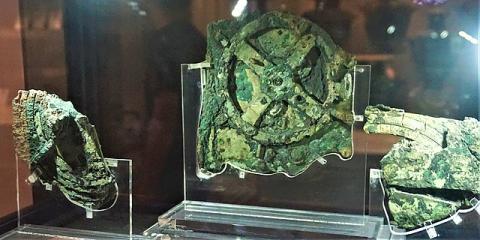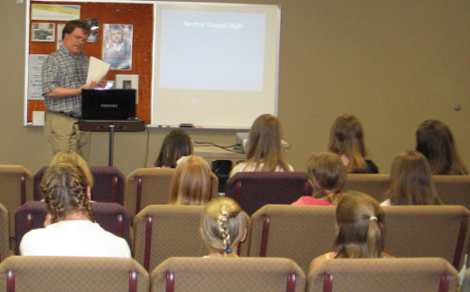Inspired Evidence
I‘ve been reading Inspired Evidence by Julie Von Vett and Bruce Malone for quite a while now, and it is awesome because it provides a new page of inspired evidence for a Biblical worldview every single day for all 365 of them. These authors actually made Romans 1:20 come alive for me:
For the invisible things of him from the creation of the world are clearly seen, being understood by the things that are made, even his eternal power and Godhead; so that they are without excuse. (KJV)




